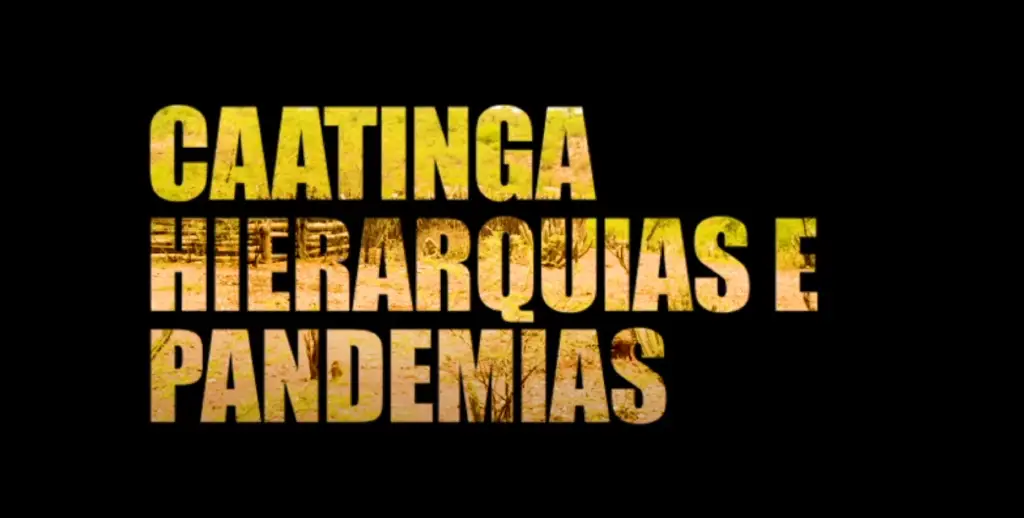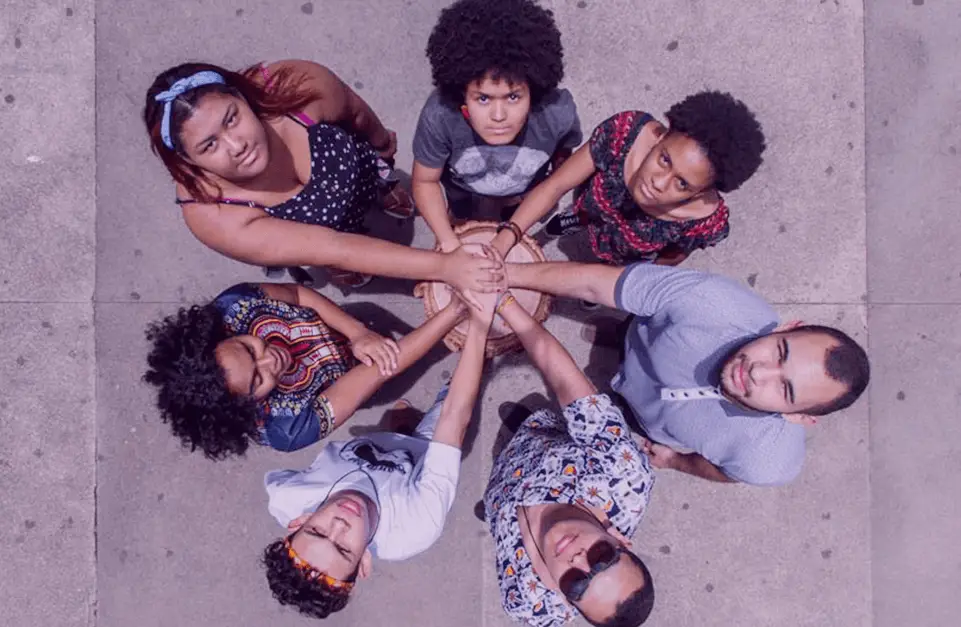Dacia Ibiapina, film-maker
“We, in order to live in an integrated way, in order to have welfare, we need to respect all lives, without hierarchizing and without classifying.” (Nêgo Bispo, December, 2019).
The mark of the Antonio Bispo dos Santos’ thinking, Nêgo Bispo, is originality. Provoked to talk about Covid-19, he chosed to address the socio-environmental aspect. “In Brazil, there is over-discrimination in relation to the semi-arid biome.” And he amended: “Underestimate a biome is underestimate the lives that exist there. It is to practice the pandemic. All lives matter. All biomes matter”.
This video was made respecting social distance. Production and direction are by Dacia Ibiapina, with support from Inesc and Conaq. The testimony was recorded by Sérgio Gomes with his cell phone, in December, 2020. The other images were recorded by Ivan Costa, in Saco Curtume, a quilombola community where Nêgo Bispo lives, in São João do Paiuí (PI). It was during the celebrations of Nêgo Bispo 60th anniversary, in December, 2019, before Covid-19. Directed by Dácia Ibiapina, edited by Isabelle Araújo, sound edited by Guile Martins and music by Luiz de Chubel.
Quilombolas in the pandemic Covid-19 context
Carmela Zigoni, political advisor of Inesc
The Covid-19 pandemic killed more than 179 quilombolas in Brazil, and infected more than 5,000. The data are from the National Coordination of Black Rural Quilombola Communities (Conaq), which has recorded cases and deaths, as health agencies do not have ethnic-racial markers that make possible to identify this population.
Quilombola communities are present throughout the national territory and are one of the groups most affected by big projects with negative socioenvironmental impacts, such as mining and agribusiness. Only 7% of quilombola territories are officialised in Brazil, despite the right provided for in the 1988 Constitution and Decree 4887/2004. Since 2017, no budgetary resources have been allocated for land regularization for these territories.
In contrast, quilombolas’ territories remain resisting, and seek to practice other models of non-predatory production, such as agroecology and family farming.
Quilombolas have been fighting since the beginning of the pandemic against invisibility and for specific public policies that respect their culture and the vulnerability of their communities. However, they have been systematically victimized by institutional racism. Throughout 2020, they focused on the pursuit of their rights, which materialized by ADPF 742 sent to the Supreme Federal Court.
The year 2021 started with the news that quilombolas are being excluded from priority groups for access to the new coronavirus vaccine.
Antônio Bispo dos Santos’ contribution to the reflection on the pandemic, made through a video directed by filmmaker Dacia Ibiapina, fits in this context. For Bispo, the pandemic is the result of broader hierarchical and discrimination processes, in which not only humans are affected, but all beings of what humans call nature. This false opposition between humanity and nature intensifies destructive socio-environmental processes that led to the Covid-19 pandemic.
His reflections on enduring and contemporary coloniality in Brazilian society, as well as his concepts of confluence and transfluence as forms of counter-coloniality, are developed in the book Colonization – Quilombos! Ways and Meanings (2019), as well as in the article We belong to the land (2018). In these works, Bispo points to the infeasibility of the colonial model – barely disguised by so-called democratic institutions – for the reproduction of quilombolas’ ways of life, and of life itself on the planet.
When Antonio Bispo dos Santos elaborated a local concept of pandemic in the video “Caatinga, Hierarchies and Pandemics”, he takes a stand in relation to this coloniality, bringing to the center the quilombola world view and ways of life and its particular relationship with the territory, seen as a space for sharing between people and the environment.


